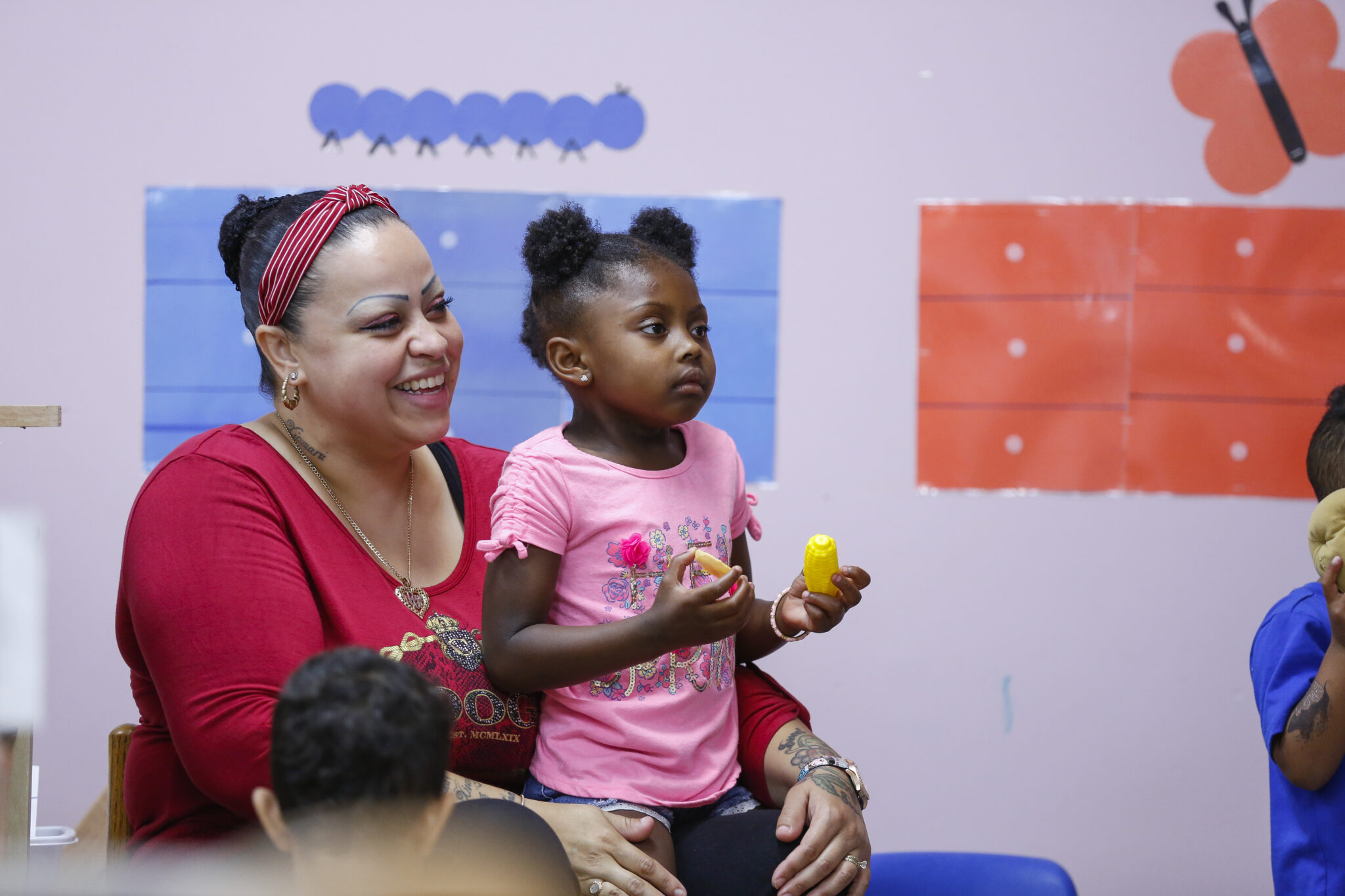The delayed release of the 2024 Child Care Availability Task Force report is a missed opportunity for action this year, but there’s still work advocates can do before the end of the legislative session
By Jenn O’Connor, Director of Partnerships and Early Childhood Policy, The Education Trust–New York
Recognizing the need for affordable, accessible, and equitable high-quality child care, the Governor’s Office, the New York State Office of Children and Family Services, and the New York State Department of Labor convened the Child Care Availability Task Force in 2018 to develop both aspirational and practical recommendations to ensure access to safe, high-quality, affordable care. The Task Force relaunched in 2023 to build on those recommendations and chart a course to develop “even more groundbreaking enhancements to our child care system.” Although originally required by statute to publish the report in December 2023, the State released the latest report at the end of April.
Many themes thread together the two reports, showing that long before the pandemic, the child care system in New York State was — and still is — broken. While New York State has made impressive strides in increasing parent and caregiver access and affordability, the most pressing recommendation in the report to increase workforce compensation, in a sustainable way, remains unfulfilled, which is unfortunate.
And with the late release of the 2024 report, the New York State Legislature did not have the recommendations during the budget process that would have helped them make truly informed legislative decisions about how to best strengthen the child care and early education field.
The bottom line? Child care professionals deserve a sustainable, living wage; one that will create and retain a diverse child care workforce.
The first three years of a child’s life are critical, a formative period that can lay the groundwork for the best possible outcomes throughout their life. Child care providers, who are predominantly women of color and earn less than 96% of other occupations, are essentially doing anti-poverty work while earning low wages that perpetuate systemic racism and economic inequities in our State.
As a member of the Ed Trust–NY team and a convener of the Raising NY coalition, I am honored to have worked with this Task Force since its inception. The Task Force is composed of dedicated individuals from state government, nonprofit and business organizations, child care programs, and others, all working toward a common goal of affordable, high-quality child care for all.
The Enacted State Budget includes some important investments in child care, including $280 million in leftover federal funding for temporary bonuses and grants for child care providers, and the inclusion of a small — yet important — subsidy rate hike for providers offering care during nontraditional hours, which is especially important for parents who work overnight or fluctuating shifts, which are often tied to lower-paying wages. The small subsidy increase is also available to those who care for children experiencing homelessness. However, the budget does not address at least one additional priority that would create sustainable, long-term change.
In the coming month, Raising NY and our coalition partners will continue our advocacy efforts for decoupling legislation that would separate parents’ work hours from their eligibility for child care assistance and greatly support parents working nontraditional hours or those in the gig economy. Consistent child care is a conduit to stable economic security for most families, and expanding access to child care coverage through the decoupling bill would help more families attain economic security.
Decoupling legislation, in particular, must be adopted before the close of this legislative session. In the Governor’s 2023 veto message of the bill, she specifically tasked the Legislature with addressing the issue in the state budget; yet it fell out of final negotiations. There is no reason to not move forward between now and early June.
And as I look to the next legislative session, I am optimistic that policymakers will take the recommendations of the Governor’s own Task Force and implement a compensation plan that pays child care providers what they are worth, further increases access to child care, and improves long-term outcomes for infants and toddlers and their families who are low-income, children of color, and others who are furthest from opportunity.
Vanesa Robles, an employee at Cypress Hills Child Care Center in Brooklyn whom I have had the pleasure of working with on state advocacy, could not have summed up these compensation inequities better: “I witness daily the resilience of our community, where over 95% of families are low-income. I assist these families in accessing vital benefits like food stamps and cash assistance through proof of enrollment letters,” said Robles. “Yet, it is disheartening that our dedicated teachers, who shape the future, also rely on these same benefits to make ends meet.”
To this end, Child Care Provider Appreciation Week is coming up. New York State needs to appreciate providers all year by committing to strong, permanent investments in the workforce.

